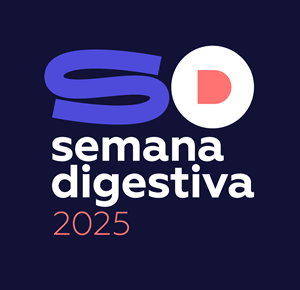Methods: A 2-months cross-sectional case-control study, including outpatient consecutive adult IBD patients (cases) and subjects referred for colorectal polypectomies (controls) was performed. Patients filled an anonymised-encoded questionnaire including the validated FR-QoL-29 and SIBDQ tools, which were matched with physician’s clinical activity assessment (Harvey-Bradshaw, partial Mayo).
Statistics: Mann-Whitney test, Spearman correlation coefficient.Results: We included 238 IBD patients (mean age 50.1 ± 15.4 years; 56.3% female; 69.7% UC; active disease: CD 19.1%, UC 13.3%) and 61 controls (mean age 67.3 ± 9.9 years; 60.7% male). Expectedly, FR-QoL was affected by clinical activity (active vs. inactive: CD 81.0 vs. 112.0, p=0.046; UC: 75.5 vs 102.0, p=0.001). Still, FR-QoL was always significantly lower in IBD patients than in controls, even for those in remission (inactive IBD: 104.0 vs. control 144.0; p<0.001).For patients in remission, FR-QoL correlated with SIBDQ (r=0.42; p<0.001), being highly influenced by patients’ affective status, as self-disclosed depressive humour (yes: 91.0 vs. no: 109.0; p<0.001). Globally, FR-QoL was significantly impaired by concerns on food-triggered symptoms (r=0.79; p<0.001), daily life disruption due to eating habits (r=0.78; p<0.001), food being a persistent worry (r=0.77; p<0.001) and missing eating any desired food (r=0.79; p<0.001). Only 25.6% had received nutritionist counselling.
Conclusion: FR-QoL is significantly impaired in IBD. The identification of related psychosocial factors such as patient’s affective status, and fear around eating, warrant a multidisciplinary approach.

 Semana Digestiva 2025 | Todos os direitos reservados
Semana Digestiva 2025 | Todos os direitos reservados